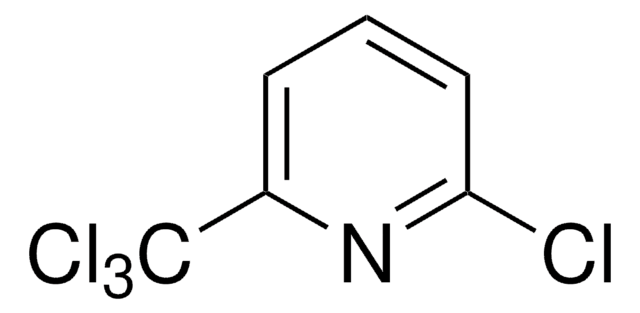N9125
N-(1-Naphthyl)ethylenediamine dihydrochloride
≥98%
Sinónimos:
2-(1-Naphthylamino)ethylamine dihydrochloride
About This Item
Productos recomendados
assay
≥98%
form
powder
mp
194-198 °C (dec.) (lit.)
SMILES string
Cl.Cl.NCCNc1cccc2ccccc12
InChI
1S/C12H14N2.2ClH/c13-8-9-14-12-7-3-5-10-4-1-2-6-11(10)12;;/h1-7,14H,8-9,13H2;2*1H
InChI key
MZNYWPRCVDMOJG-UHFFFAOYSA-N
¿Está buscando productos similares? Visita Guía de comparación de productos
Categorías relacionadas
Application
- N
- -(1-naphthyl)ethylenediamine-substituted cylotriphosphazene derivatives as potential antimicrobial agents.
- Fluorescent chemosensor compound with a naphthyl group as fluorophore and cyclen as metal ion chelator for the detection of Zn(II) in an aqueous solution.
- (N-1-Naphthyl-ethylenediamine)- dichloroplatinum(II) fluorescence complex (λmax = 405 nm).
signalword
Warning
hcodes
Hazard Classifications
Eye Irrit. 2 - Skin Irrit. 2
Storage Class
11 - Combustible Solids
wgk_germany
WGK 3
flash_point_f
Not applicable
flash_point_c
Not applicable
ppe
dust mask type N95 (US), Eyeshields, Gloves
Certificados de análisis (COA)
Busque Certificados de análisis (COA) introduciendo el número de lote del producto. Los números de lote se encuentran en la etiqueta del producto después de las palabras «Lot» o «Batch»
¿Ya tiene este producto?
Encuentre la documentación para los productos que ha comprado recientemente en la Biblioteca de documentos.
Los clientes también vieron
Nuestro equipo de científicos tiene experiencia en todas las áreas de investigación: Ciencias de la vida, Ciencia de los materiales, Síntesis química, Cromatografía, Analítica y muchas otras.
Póngase en contacto con el Servicio técnico












